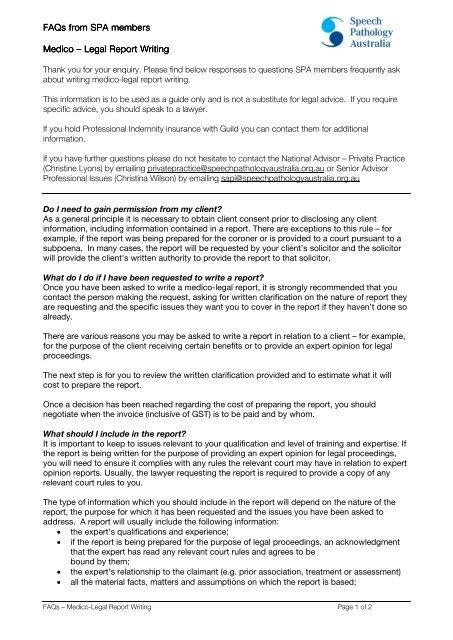Who Or Whom in Legal Writing

Legal writing often relies on who and whom, each with different grammatical functions. While English speakers may occasionally choose whom instead of who in an attempt to sound more sophisticated or formal, usually using who rather than whom is usually best.
To determine the appropriate pronoun to use, consider both the subject and object of the verb. If the subject is performing an action, who would be appropriate; otherwise use whom.
Subject and Object Pronouns
An important rule of grammar states that the subject of a verb must match up with the number of nouns it refers to, which precludes using words like neither, nor, each or every with nouns that should take a singular verb as connectors. Also avoid words which make it unclear whether to use is or are, such as whose, which and who’s.
Subject pronouns refer to those performing or existing in a state. They usually come before verbs except in question form; for instance: He reads books.
Whom, on the other hand, can be used in place of nouns when used as objects; for example when filling out prepositional phrases. For instance, He hired an associate who was adept at handling complicated cases.
Interrogative Pronouns
Who, what, when, where and whosoever are interrogative pronouns that are often used when seeking information. Depending on their context of use in questions they can also serve as relative pronouns; who and whom are limited strictly to personal questions while what and which can pertain to people or things.
When writing legal documents, when using pronouns such as who or whom, be certain they refer to the appropriate person, thing, or idea. Any misuse can render your writing confusing and incomprehensible – be mindful when employing them!
Relative Pronouns
Relative pronouns like that, which, who and whom serve to introduce relative clauses. These clauses act as adjectives to modify nouns they follow as well as providing more information about their subjects.
“Joe made his mum a Victoria sponge cake.” — by including “who” as an inferential relative pronoun, we can learn who the baker was – this extra information allows the sentence to make sense without breaking its thread of logic.
Compound relative pronouns such as “whatever, whichever, whatever,” whomever and whomsoever” can serve either restrictive or nonrestrictive functions in sentences. They should generally appear between two commas for optimal use.
Pronoun usage helps make sentences clear and concise, and children are tested on this concept as part of their end-of-KS2 SATs tests. Knowing these grammatical terms allows pupils to compose more creative or complex sentence structures when writing.
Formality
Due to the complexity of law and serious nature of many situations where these documents are used, many legal documents tend to be written in an overly formal style. But this should not extend to every aspect of legal writing.
One way formality manifests itself is through the use of linguistic conventions, including specific pronouns and grammar rules, as well as through its vocabulary; such terms as habeas corpus, inter alia and prima facie are examples.
One common error among English speakers is using who when it should be whom. Luckily, there are some simple tricks available that can help identify which pronoun should be used at each moment in a sentence for efficient communication. Using the correct pronoun at every opportunity ensures clear and effective dialogue.
